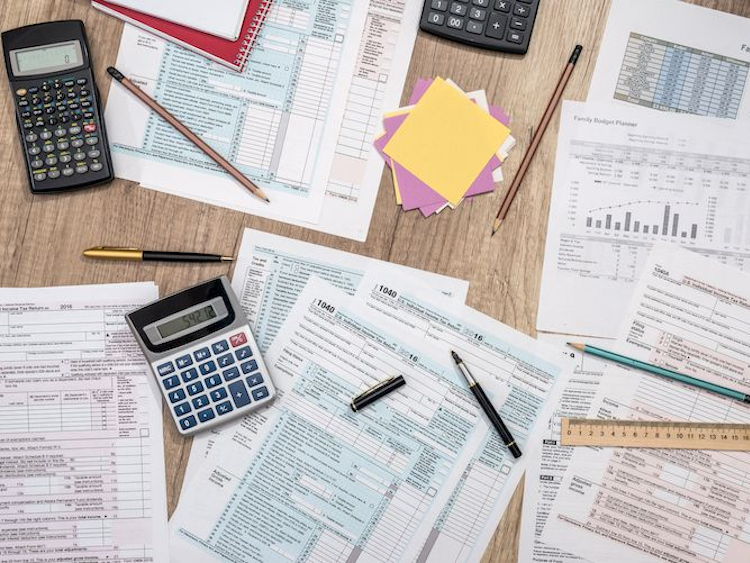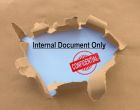Don’t Leave Your Tax Documents Laying Around
Tax season is around the corner and you may be bracing yourself for the flurry of activities related to filing your personal, professional, or corporate taxes. Whether it is managing large piles of paper records, tracing missing bills and invoices, reconciling your data and figures, or responding to inquiries from your accountant, there may be several things demanding your attention during this time. Additionally, the ever-increasing risks of fraud, theft, or scams means it is imperative to ensure that your personal or business records do not fall into the hands of miscreants. The experts at Crown Information Management discuss the importance of safe storage and secure disposal of your paper records.
Top 3 Reasons to Safeguard Your Records during Tax Season and Beyond
- Reduce Susceptibility to Identity Theft: Identity theft occurs when someone misuses your personal information to get tax refunds or for other illegal financial gains. As per a recent Federal Trade Commission (FTC) report, in 2020, there were around 2.18 million reports of fraud, with identity theft, imposter scams, and debt collection scams being the most common categories of complaints. Another report suggests that nearly 33% of adults in the U.S. have experienced identity theft at some time. The documentation involved while doing your taxes could potentially expose your Personally Identifiable Information (PII), as well as a host of other confidential and sensitive papers. Hence, organize your documents, store them securely, and hire an efficient shredding service to ensure irreversible destruction of records that are no longer required.
- Avoid the Hassle of Lost Documents: Losing important documents during tax season can be very stressful. Not only will you end up rummaging through stacks of documents looking for the lost records, but you will also waste time that you could otherwise utilize on steps to maximize your tax deductions. Moreover, if these documents are irreplaceable, you may have to invest considerable time and effort in requesting for duplicates from the relevant authorities or institutions. This may also translate to IRS penalties for delays or incomplete information.
- Keep Your Files Relevant: As per IRS requirements, you need to hold on to a number of documents for several years after filing taxes. However, many other records become irrelevant and can go into a fiscal-end purge as soon as you complete your annual taxes. Retaining old, outdated, or unnecessary documents will potentially:
- Pose greater risks of theft or information loss
- Occupy valuable storage space
- Create more confusion and hassles during subsequent tax seasons
Hiring a document shredding service will help you in maintaining your personal or business records, keeping your files relevant, and completing your annual taxes meticulously and efficiently every year.
At Crown Information Management, we are a SOC1, NAID AAA and PCI Certified company with in-depth knowledge and extensive experience in the storage and disposal of physical records. Our qualified information management professionals stay abreast of privacy protection laws, such as HIPAA, FACTA, FERPA, and FIPA, and offer a wide range of industry-specific records management and shredding solutions.
For a safe, efficient, and hassle-free tax season year after year, invest in the records storage and destruction services by Crown Information Management. Call 800-979-9545 to discuss your requirements or request a free estimate online.






